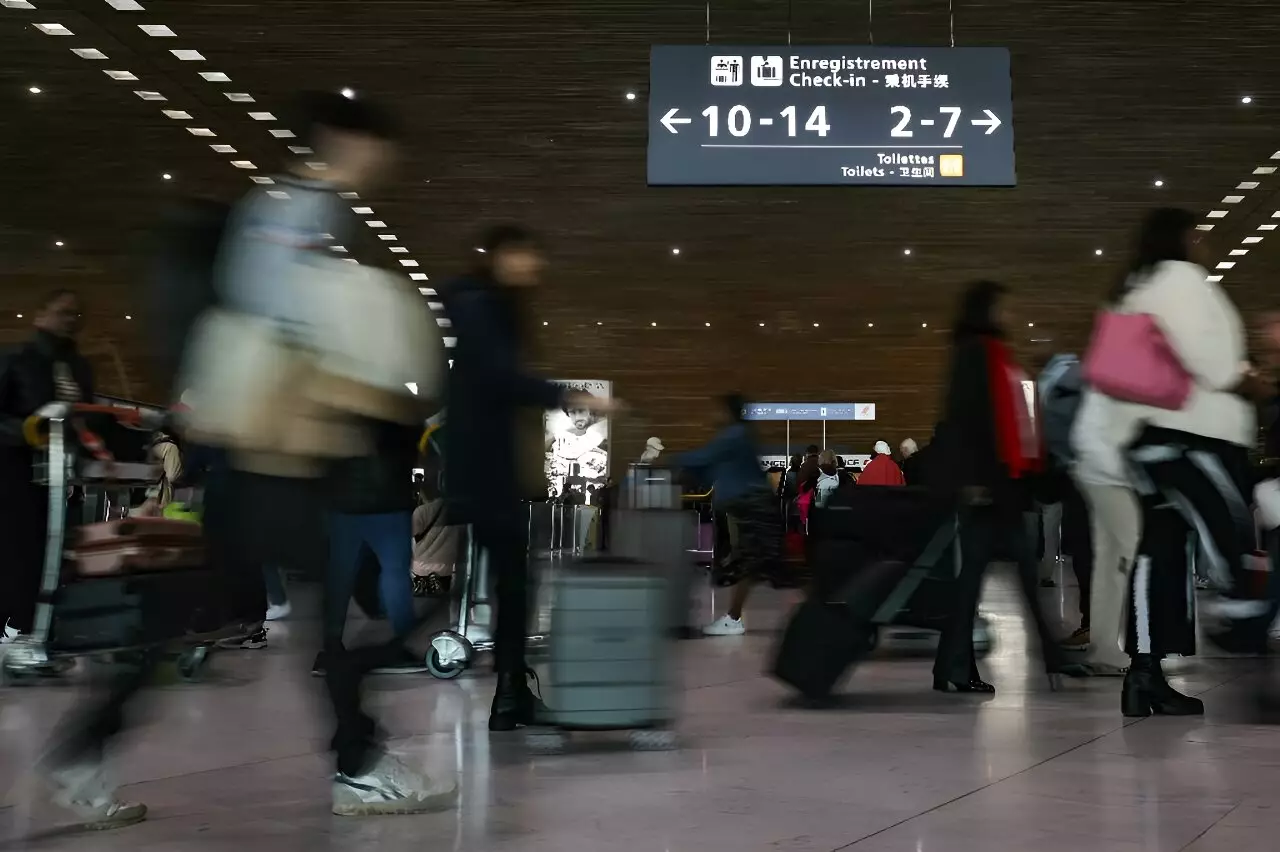Artificial Intelligence (AI) has been making waves in the aviation industry, with experts stating that it is revolutionizing the way airlines operate. While airlines may not be replacing pilots with AI anytime soon, the technology is already being leveraged to boost productivity and gain a competitive edge. Julie Pozzi, the head of data science and AI at Air France-KLM, highlighted the significance of data and AI in the aviation sector, emphasizing how they are fantastic levers for the industry.
Aviation companies, which have long operated on thin profit margins, see AI as a game-changer. Geoffrey Weston, a consultant at Bain & Company, described AI as a new frontier that accelerates technology and capabilities. AI plays a crucial role in providing the right information to the right people quickly, especially in times of uncertainty. Air France-KLM has embarked on more than 40 projects utilizing generative artificial intelligence to enhance customer service and operational efficiency.
Airports are also embracing AI initiatives to streamline operations and enhance the passenger experience. Groupe ADP, the operator of Paris Charles de Gaulle airport, has launched several AI projects in collaboration with startups. These initiatives include Allobrain, a voice recognition system that has significantly reduced the number of unanswered phone calls. Additionally, the airport operator is leveraging AI technology from Wintics to optimize drop-off areas and shuttle rotations using real-time surveillance images.
Challenges and Opportunities in Air Travel
As air travel continues to grow, reducing wait times and improving efficiency remain critical challenges. Jerome Bouchard, an aerospace expert, highlighted the need for modernization in airport operations. He emphasized the potential of using facial recognition technology for airport security but pointed out the challenges of coordination and data synchronization that still exist in the industry.
Modern aircraft are equipped with sophisticated self-diagnostic and control systems that generate vast amounts of data. Experts suggest that AI can be leveraged to analyze this data and improve maintenance processes. However, when it comes to piloting aircraft, human intervention and decision-making remain essential. Thales CEO Patrice Caine emphasized the responsibility of humans in making critical decisions, underscoring the significance of human oversight in aviation operations.
AI is playing an increasingly important role in the aviation industry, transforming business operations and enhancing efficiency. While the application of AI varies across different sectors within aviation, its potential to revolutionize the industry is undeniable. As technology continues to advance, airlines and airports must adapt to the changing landscape of the aviation sector to remain competitive and provide exceptional service to passengers.


Leave a Reply